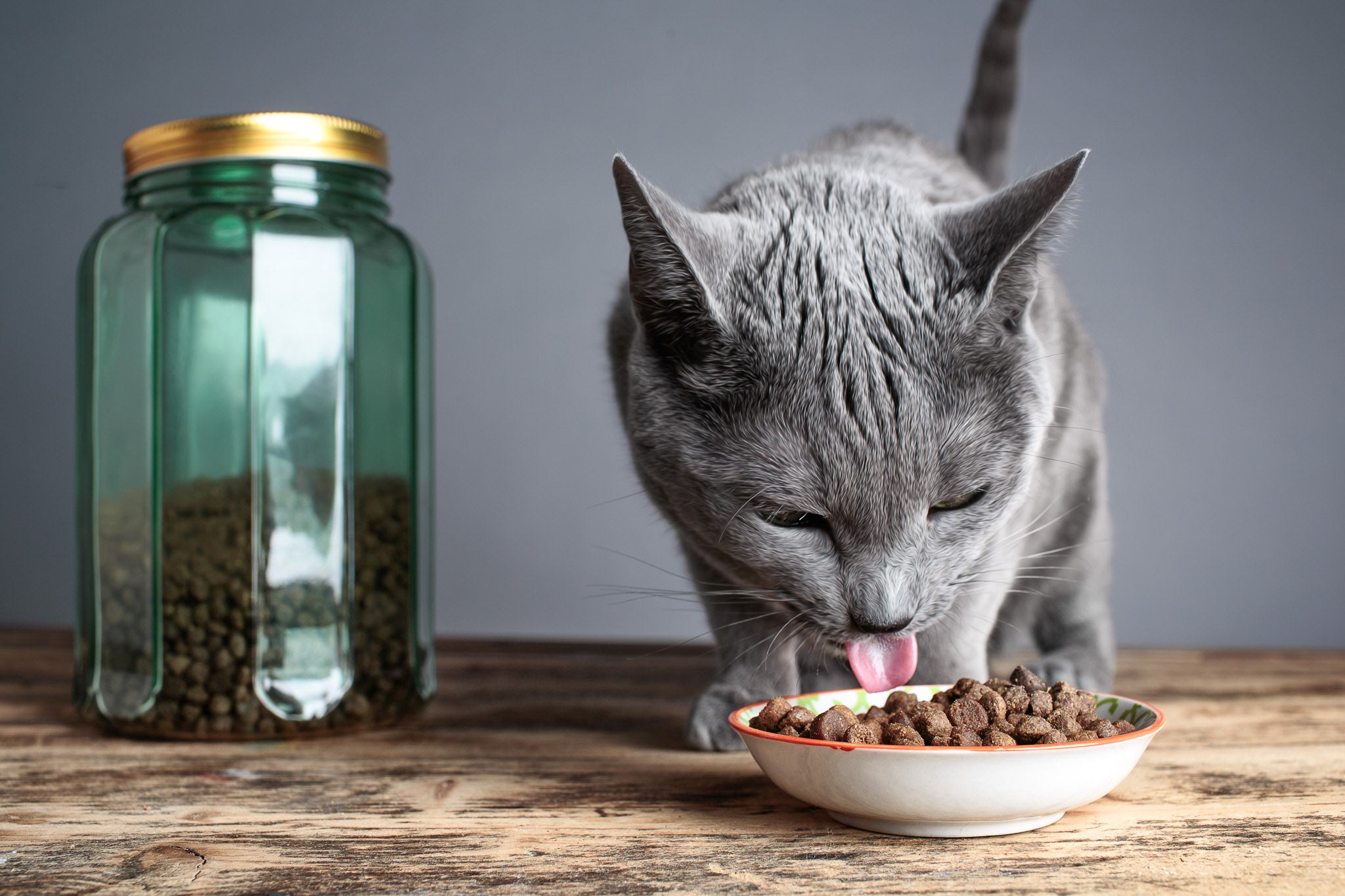
If you're a cat owner, you've likely encountered the dramatic antics of a feline who acts like it's on the brink of starvation—even if they were fed just an hour ago. It sometimes comes across as begging, or sometimes just an immense excitement for food they can't seem to contain. This behavior can be puzzling, amusing, and sometimes even a bit frustrating. But why do cats always seem to act like they're starving? Let's dive into some of the reasons behind this common feline behavior.
Instinctual Behavior
Cats are natural hunters, and their wild ancestors had to work hard for their food. This ingrained survival instinct means that even domesticated cats have a natural drive to seek out food whenever possible. In the wild, eating more when food is available helps them survive during lean times. So, even if your cat has a regular feeding schedule, their instincts might push them to always be on the lookout for their next meal.
Routine and Habit
Cats are creatures of habit. They know routine and are excellent at identifying and remembering sounds (kitchen cupboard or treat container for example). Also, if they’ve learned that meowing or acting hungry gets them fed, they’ll keep doing it. Over time, this behavior can become routine. If you’ve ever fed your cat a little treat when they started begging, they might remember that and use the same tactics in the future to get more food.
In the case of an automatic feeder, cats know the sound of food the instant they hear the machine. And with that, you'll usually see them running excitedly towards the food bowl.
Boredom or Lack of Stimulation
Sometimes, what seems like hunger is actually boredom. Cats need mental and physical stimulation, and in the absence of adequate playtime, they might focus on food as a form of entertainment. If your cat is acting like they’re starving, try engaging them with toys or interactive play to see if they’re actually just looking for something to do.
Craving Attention
Your cat might have learned that acting as if they're starving gets them attention. If you respond to their "starving" pleas with food, cuddles, or playtime, they’ll likely continue this behavior to get what they want. This reinforcement can make it seem like they’re always hungry when, in reality, they might just be seeking interaction.
Health Issues
In some cases, excessive hunger or begging can be a sign of an underlying health issue. Conditions like hyperthyroidism, diabetes, or gastrointestinal problems can increase a cat's appetite. If your cat suddenly starts acting like they’re starving all the time, it’s a good idea to consult your vet to rule out any potential health concerns.
Dietary Needs and Preferences
Not all cat foods are created equal. If your cat’s diet is lacking in nutrients or if they’re not getting enough calories, they might feel genuinely hungry even after eating. Additionally, some cats may simply prefer the taste of certain foods, leading them to beg for specific treats or meals even if they’re not truly hungry.
Mimicking Prey Behavior
Cats have a natural predatory instinct, and some of their "starving" behavior might mimic the hunting behavior of their wild ancestors. They might crouch, stalk, or pounce in anticipation of being fed, acting out the behaviors they would use when catching prey. This can make them seem more desperate for food than they actually are.
How to Manage Your Cat’s "Starving" Behavior
If your cat’s behavior is an issue, there are a few strategies you can try to influence calmer feedings:
- Establish a Feeding Schedule: Stick to a regular feeding routine to help your cat understand when to expect meals. This can reduce anxiety and begging behavior.
- Measure Portions: Ensure you’re feeding your cat the right amount based on their age, weight, and activity level. Your vet can help you determine the appropriate portions.
- Interactive Feeders: Use puzzle feeders or treat-dispensing toys to make mealtime more engaging. This can slow down eating and provide mental stimulation.
- Rule Out Health Issues: If your cat’s behavior changes suddenly or if you’re concerned about their health, consult your vet for a check-up.
- Avoid Reinforcing Begging: Try not to give in to your cat’s begging with extra treats or food, as this can reinforce the behavior. Instead, offer attention through play or cuddles.
Conclusion
While it may seem like your cat is always on the brink of starvation, there’s often more to the behavior than just hunger. Whether it’s a result of instinct, habit, or a need for attention, understanding the reasons behind your cat’s actions can help you manage their behavior and ensure they’re happy and healthy. Remember, when in doubt, it’s always a good idea to check with your vet to make sure there aren’t any underlying health concerns contributing to your cat’s voracious appetite.

Comments (0)
Back to Noots Cat Blog